NewsNation’s Town Hall Miracle: Reminding Viewers Just How Vital Cable News Can Be
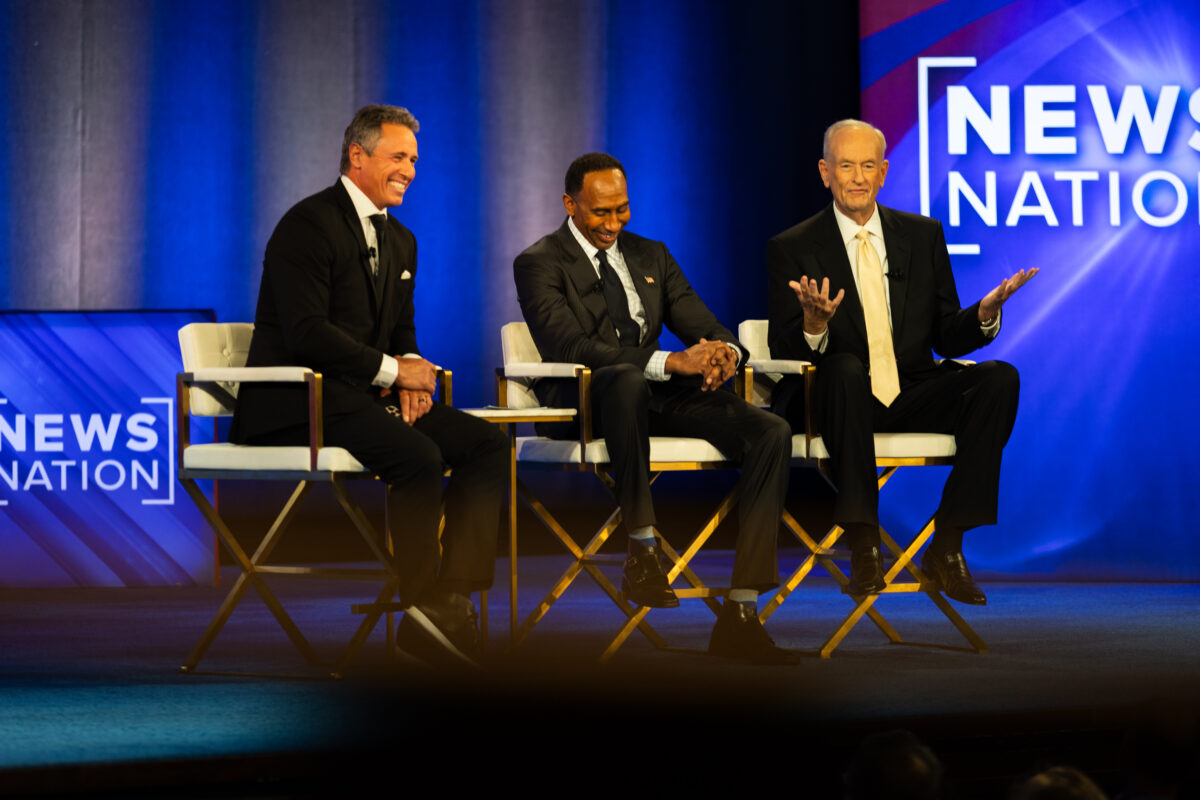
Doomsayers will insist that cable news is in something of a smartphone and cord-cutting tailspin, but for two hours Wednesday night at the Kennedy Center, NewsNation reminded us not just why it matters, but how critical a role it can play.
No, there was no harmonic convergence of bitter partisan foes suddenly singing Kumbaya, nor did Congress suddenly resolve the government shutdown or rediscover its spine. Something even less likely happened: cable TV produced a live event that was unpredictable, unscripted, and—for once—worth watching. And shockingly, not because it was a pro wrestling food fight, but because there was a civil discussion.
Chris Cuomo reminded viewers why he is world-class at orchestrating what, on paper, looked like it could have just as easily been a train wreck as must-watch TV: Congressional representatives Jim Jordan and Ro Khanna were featured over the course of the two-hour discussion, as were MeidasTouch’s Adam Mockler and Turning Point USA’s Andrew Kolvet. Conventional wisdom from different perspectives was provided by media machers Bill O’Reilly and Stephen A. Smith, often with just a dash of comic relief.
The show’s rundown had to initially read like a cable exec’s fever dream. In practice, it became something vanishingly rare—appointment viewing that earned the appointment.
Full disclosure: I’m a NewsNation contributor and am a full believer in the “cable news for the rest of us” mission statement, so please take this with whatever sodium content you require. But even accounting for my affinity toward the network’s ethos, playing for a “marginalized moderate majority” audience often ignored by outrage-tainment, what unfolded felt genuinely different—not just from CNN’s ambient sedative of a town hall (more on that shortly), but from what cable news has calcified into over the past decade.
The night began with Senator John Fetterman (D-PA) reflecting on his political evolution, admitting he’s “the only Democrat in my family” while defending Trump voters from his party’s “fascist” smear. O’Reilly pressed him—why stay a Democrat at all? It was awkward, human, and revealing. In other words: actual journalism.
Later, Border Czar Tom Homan flatly denied—for the first time—that he took an alleged $50,000 bribe dominating Beltway gossip. O’Reilly’s questioning was pointed but not performative. You actually learned something, which counts as breaking news on cable TV in 2025.
Former Senator Joe Manchin followed with his trademark lament about lost relationships in Washington, sounding both right and futile—the eternal condition of the centrist. Then came the night’s gut punch: Jack Criss, a furloughed air traffic controller now driving DoorDash to pay his daughter’s tuition. His question—“How long is this going to last?”—froze the room. Lawmakers on stage were put back on their heels, being confronted in real time about the disastrous financial impact by real citizens as a result of partisan bickering and gamesmanship.
After 10 minutes of what started as meaningful dialogue but predictably devolved into partisan finger-pointing, a once quiet Stephen A. Smith erupted on his fellow panelists. “I don’t think Washington understands how ticked off we truly are,” he said pointedly, before hitting a populist note about the Trump administration’s reported plans to bail out Argentina with $20 billion. Then he erupted, saying:
A government shutdown is going on right now. A man has to work on DoorDash when he’s really an air traffic controller that we applauded and we’re up here talking about how much some money is going to cost, and the only person that don’t have a check coming is him. You know what I’m gonna do? I’m gonna take a break.
He walked offstage, then returned. Somehow it didn’t feel like a stunt. It felt like someone remembering that real people are the collateral damage of political theater.
Of course, Smith did not escape the event without flubbing the names of two senators everyone should know — a gaffe that called into question the ESPN pundit’s command of basic facts. And yet it was imperfections like that which somehow enhanced the town hall and reminded viewers of Smith’s relatability.
Even the partisan opposites—Mockler and Kolvet—managed an exchange about political violence and algorithmic radicalization that was tense, but not toxic. It was imperfect, alive, and real: two combatants disagreeing without dissolving into performance. For a medium built on outrage cosplay, that’s revolutionary.
It was at this point that my suddenly politically curious 22-year-old — who like many recent college grads is enduring an ice cold job market chilled by Trump’s tariffs — was completely sucked in to what what became a remarkably educational program for him and inspired discussions we’ve not yet had.
Representative Tim Burchett (R-TN) closed the night with affectionate ribbing of his “buddy” AOC, calling her “a friendly neighborhood Marxist who’ll steal your soul if you look too long.” His stories about working across the aisle with Tennessee colleague Steve Cohen felt like dispatches from a lost era. “We met on the other side,” he said. “So far left and right we came full circle.” It was funny, wistful—and an indictment of what’s been lost.
Cuomo, to his credit, let the moments breathe. He didn’t dominate or deflect. He trusted viewers with complexity and added his own much needed layer of competent moderation, perhaps reminding his competitors that that role shouldn’t come from an extreme point of view. On modern cable news, it all too often is.
Contrast that with CNN’s counterprogramming: a Bernie Sanders-AOC town hall so predictable it made very little news and generated almost less curiosity. They said what they always say to people who already agree. It was politics as lullaby.
NewsNation’s town hall experiment worked because it trusted friction to generate light instead of heat. It didn’t solve the shutdown, but it proved there’s still an audience for unscripted conflict that doesn’t devolve into contempt. For two imperfect, riveting hours, it reminded us that journalism’s job isn’t to validate—it’s to illuminate.
Cable news has, by and large, forgotten how to surprise us. Wednesday night, NewsNation remembered. In 2025, that counts as something close to miraculous.
This is an opinion piece. The views expressed in this article are those of just the author.

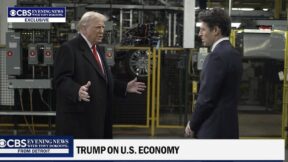
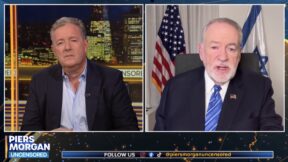
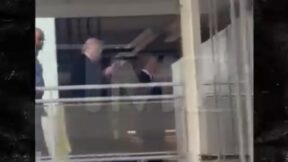
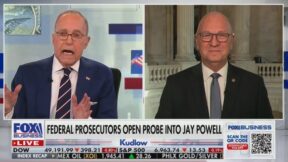
Comments
↓ Scroll down for comments ↓